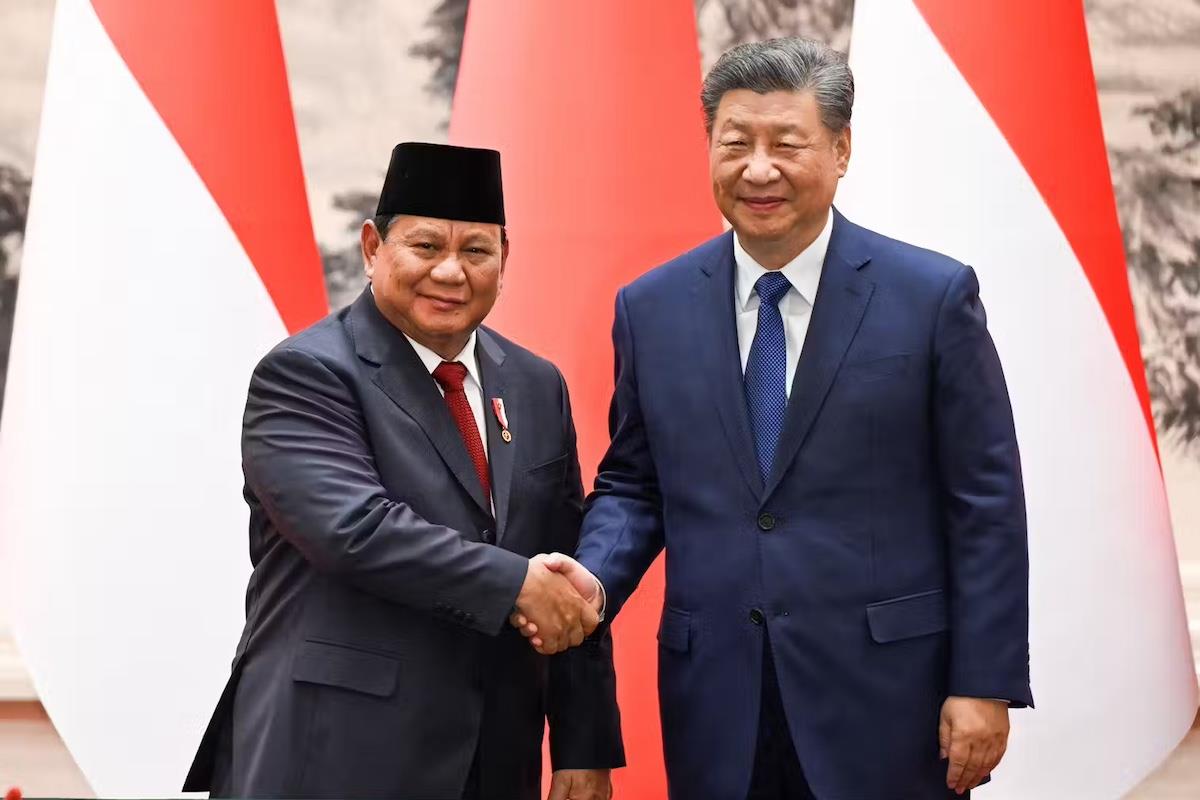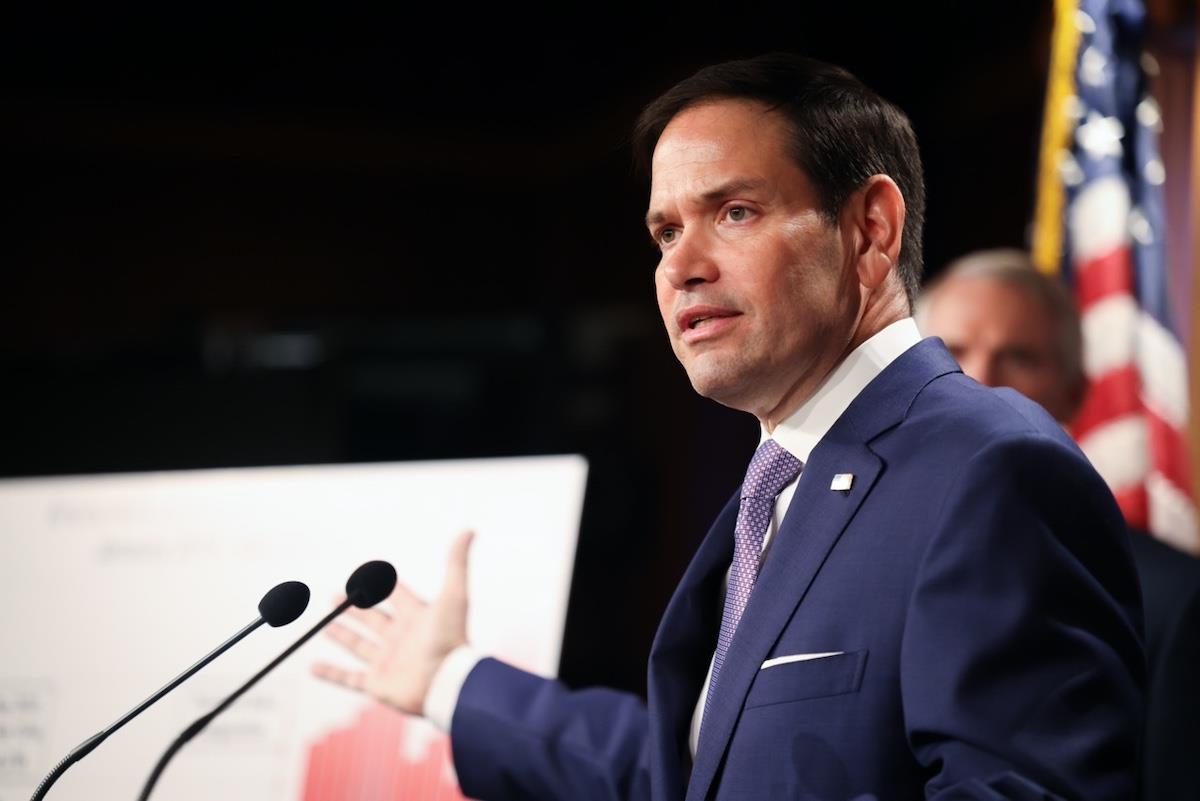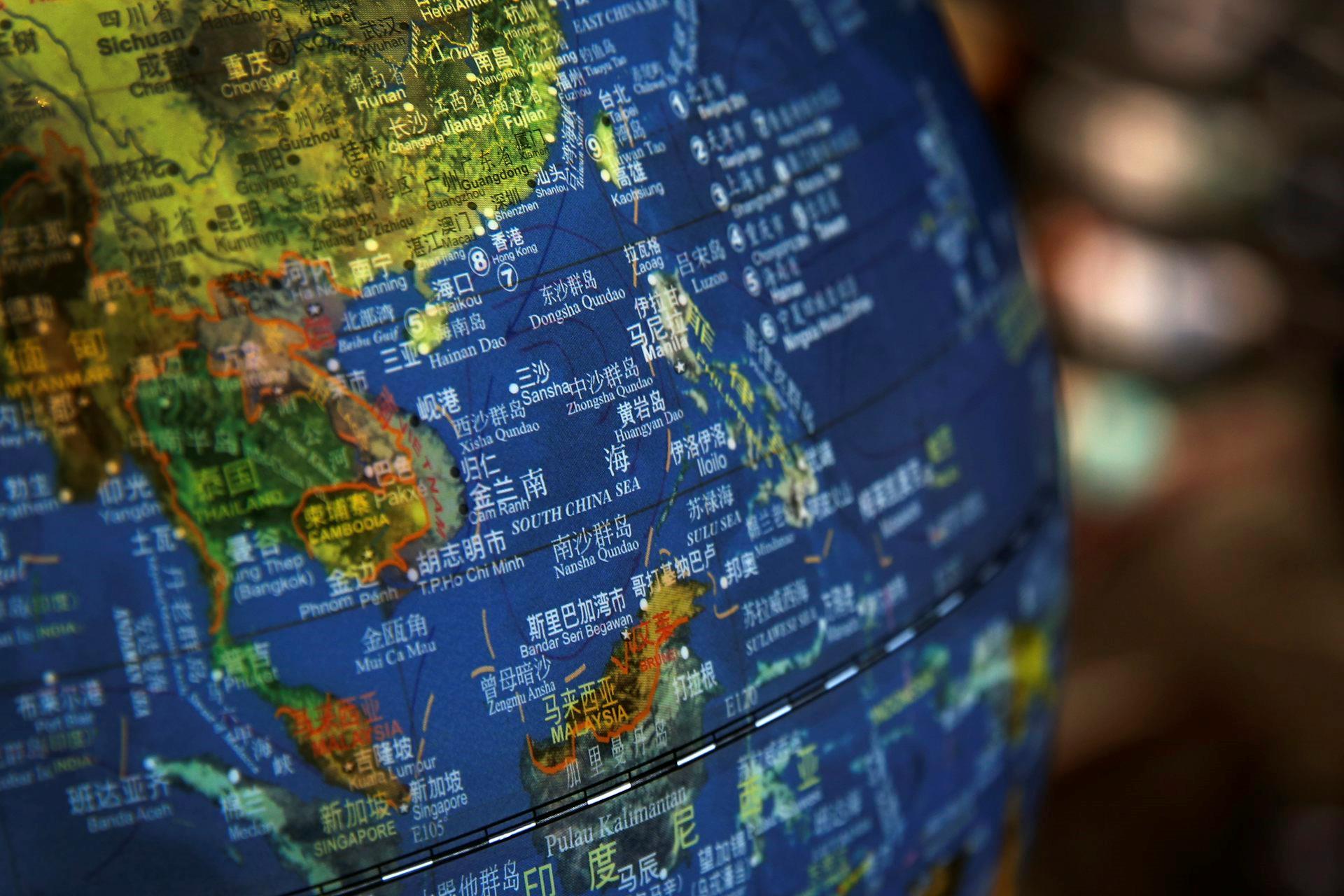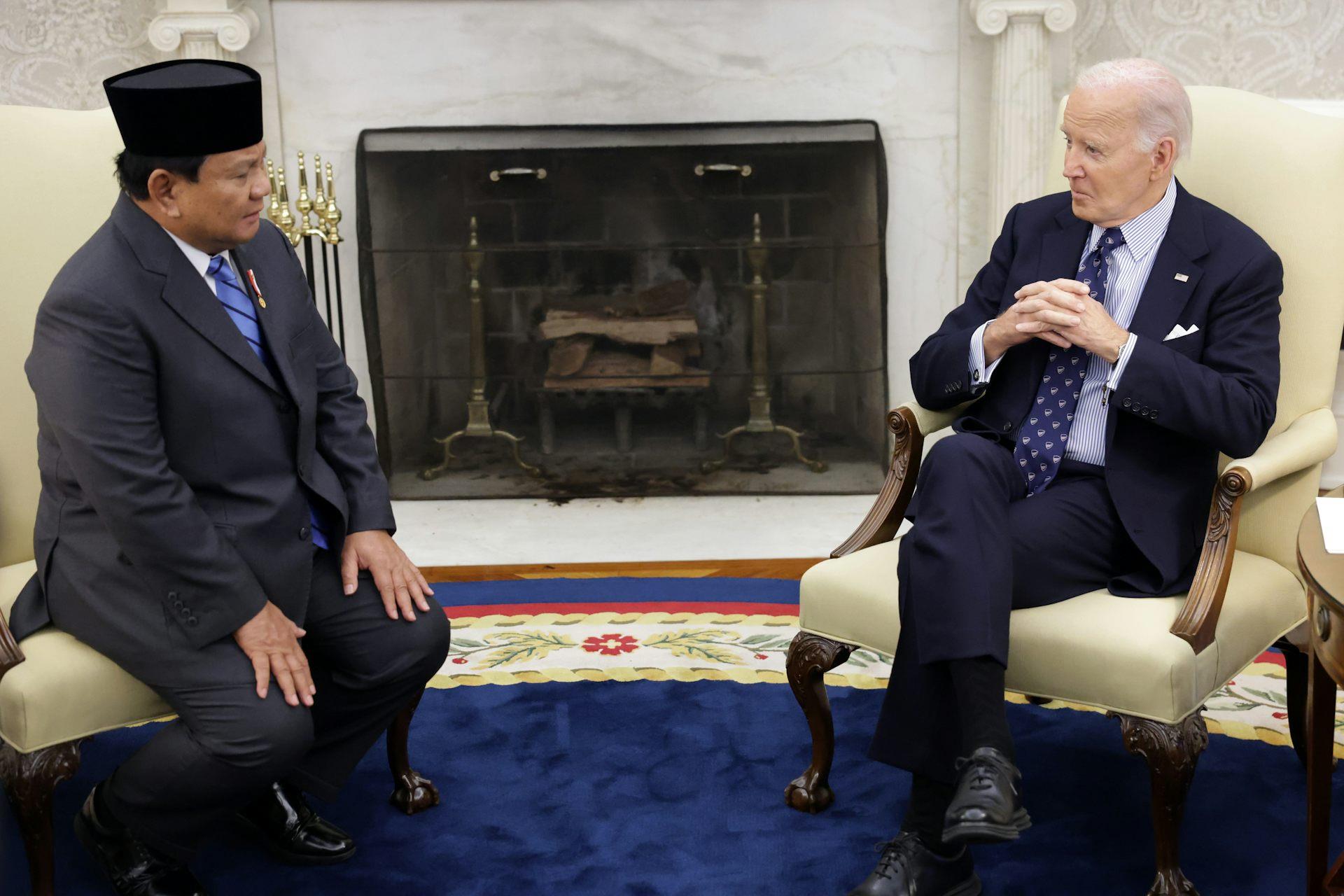
Indonesia's Prabowo Tilting Perceptibly Toward China
The visits to the U.S. and China form part of a two-week overseas tour for Subianto that will also take him to Peru, Brazil and the UK, as well as several Middle East countries.
The itinerary hints at the diplomatic priorities of the newly seated president of Southeast Asia's biggest economy: balancing Indonesia's relations with key members of both the West and the Global South , while seeking a more assertive leadership role in Southeast Asia.
Subianto's back-to-back meetings with Xi and Biden highlight the role Indonesia tries to play in ensuring regional stability and security in the Indo-Pacific.
The meetings coincided with an ongoing US-Indonesian marine exercise off the Indonesian island of Batam. The third annual military exercise of its kind, such maneuvers between US and Southeast Asian partners have tended in the past to be framed as a countermeasure to China's assertiveness in the contested waters of the South China Sea.
But while US and Indonesian marines were engaged in drills, Subianto and Xi were making nice – pledging greater maritime cooperation between the two countries. The big question now is how a Trump White House will affect Indonesia's balancing act on security in the Indo-Pacific region.
Trump's Indo-Pacific strategyTrump's first presidency offers some clues into what his second term may look like regarding his Indo-Pacific policy. The 2019 Indo-Pacific Strategy Report issued by the Trump administration marked China as a“revisionist” power- that is, one that is dissatisfied with the current status quo-and an aspiring regional hegemon.
To counter this, Trump adopted an“offshore balancing” strategy – in effect utilizing regional allies to keep China in check. This approach involved security pacts with traditional allies and joint military training exercises with countries such as the Philippines and Indonesia.

Legal Disclaimer:
MENAFN provides the information “as is” without warranty of any kind. We do not accept any responsibility or liability for the accuracy, content, images, videos, licenses, completeness, legality, or reliability of the information contained in this article. If you have any complaints or copyright issues related to this article, kindly contact the provider above.




























Comments
No comment